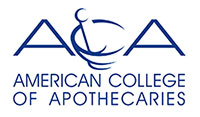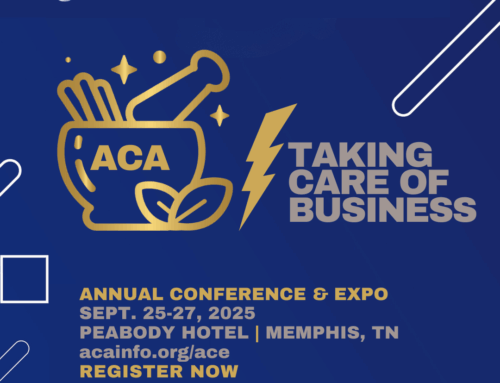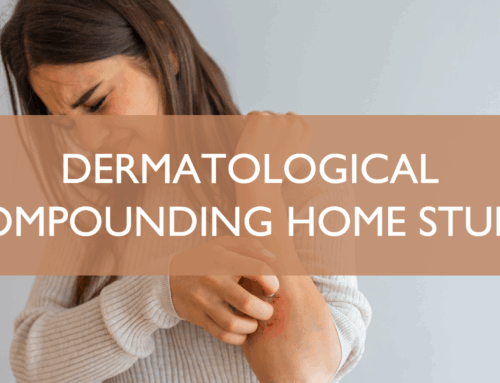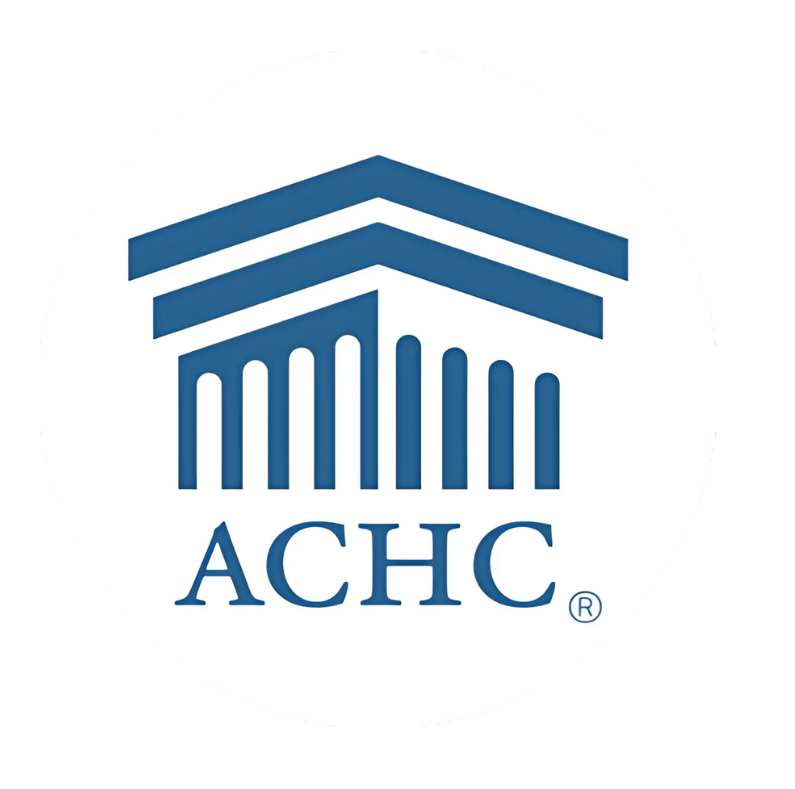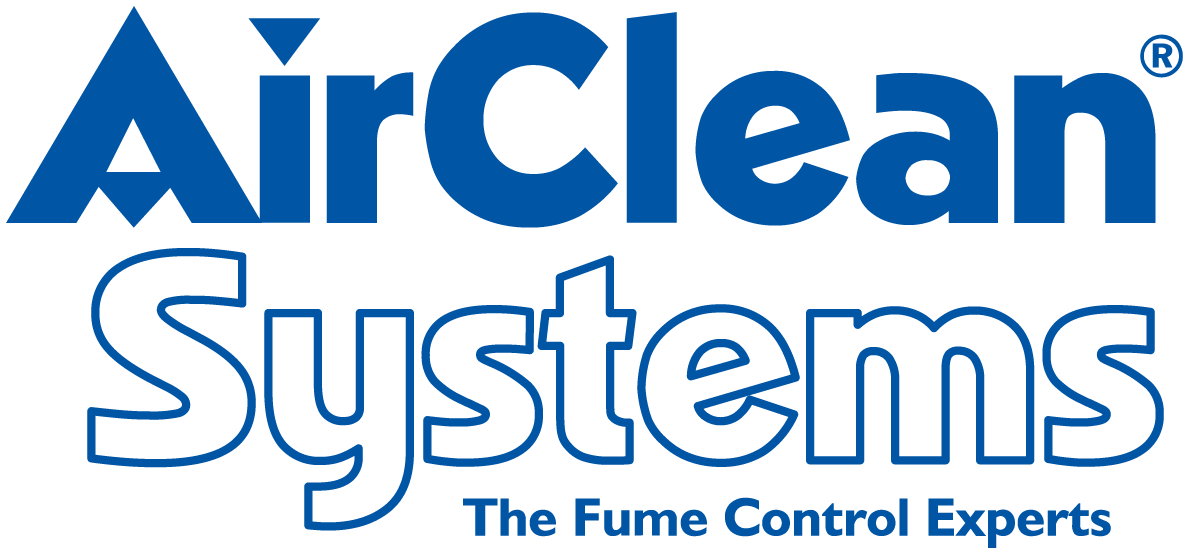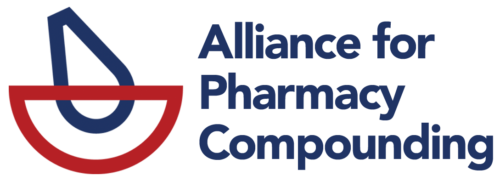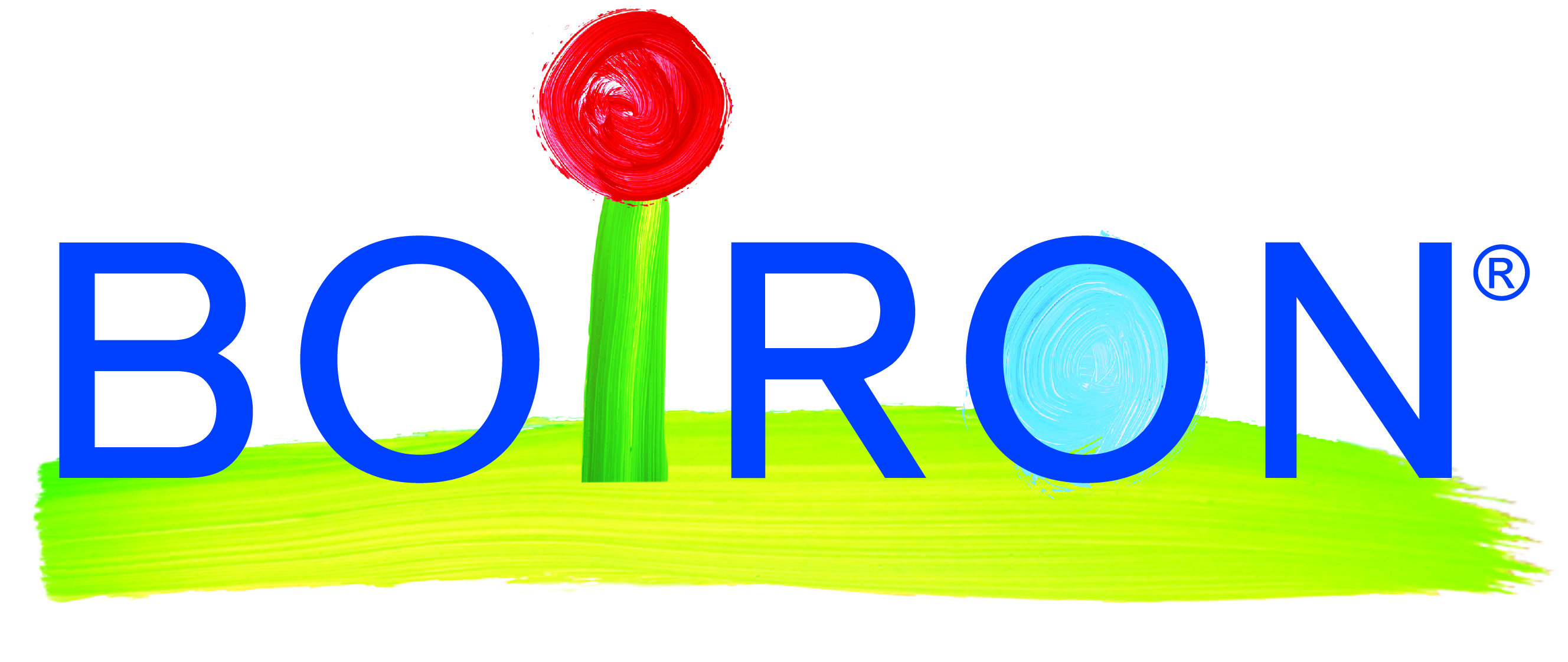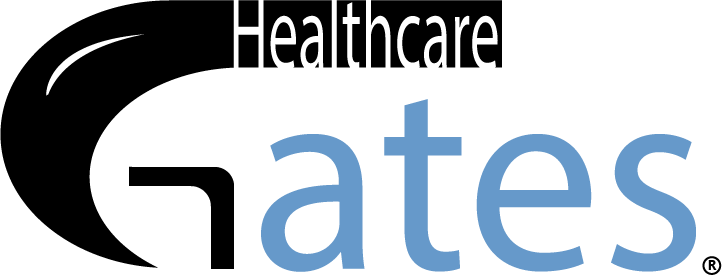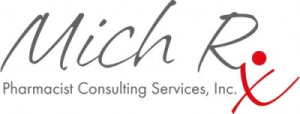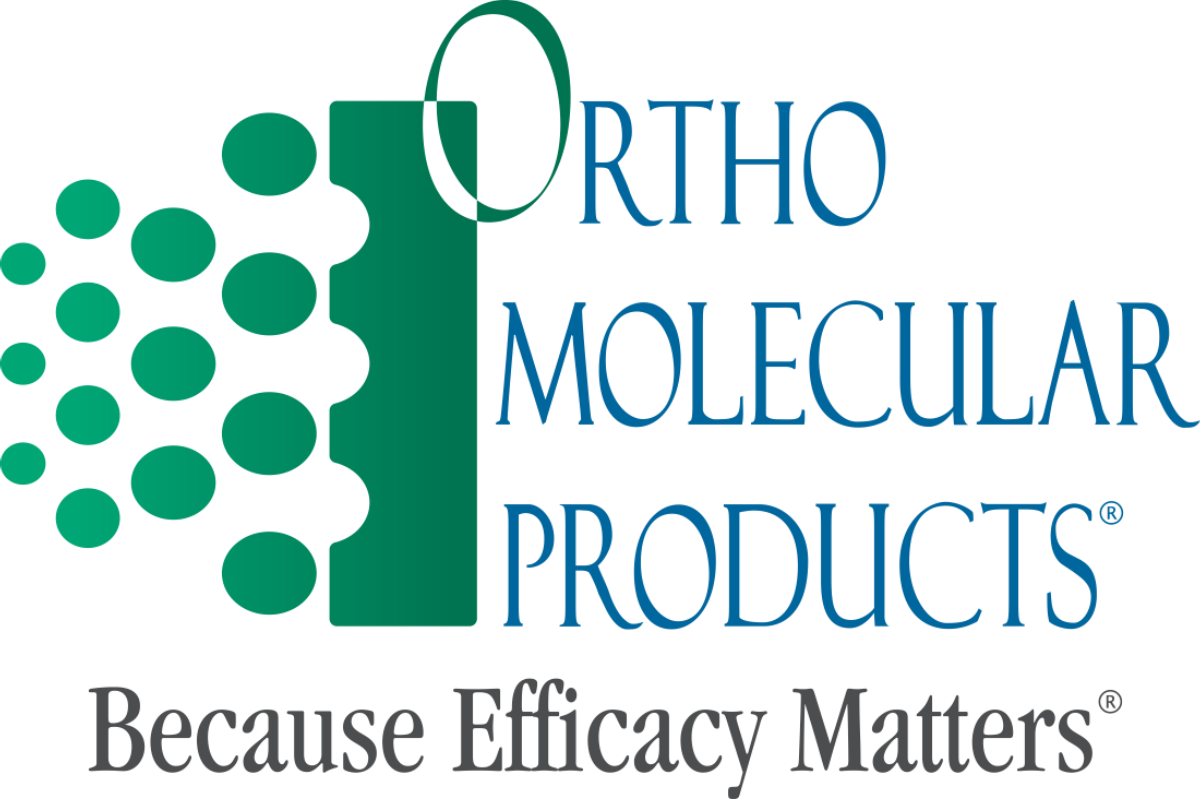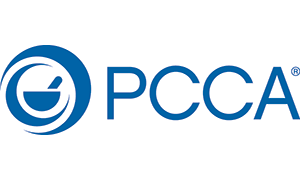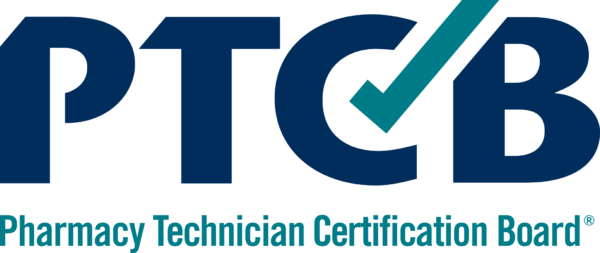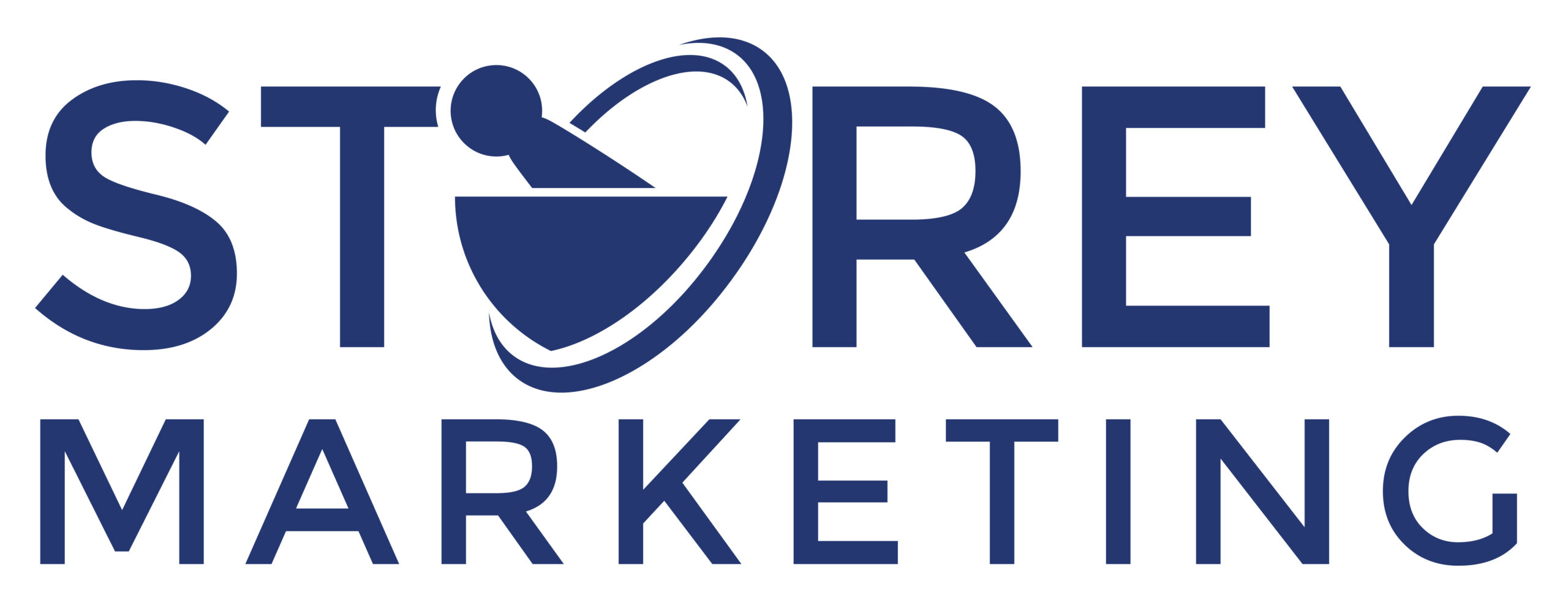By Ernest P. Gates. Jr., RPh, FASCP, FIACP, FACA
From THE VOICE OF INDEPENDENT PHARMACY, Fall 2019
For nearly 200 years, the United States Pharmacopeia – or USP – has been setting standards for pharmaceuticals and the practice of pharmacy. However, its latest chapter – like any new standard or regulation – is creating uncertainty among the pharmacy community. USP <800>, which governs pharmacy handling of hazardous medication, takes effect on December 1, and many states will require compliance as of that date.
There are many myths surrounding USP <800>. Below are five with which you should be familiar, to avoid falling into a trap of non-compliance with this important new chapter.
Myth: My pharmacy prepares hazardous drugs but I don’t need to make changes to my practice to comply.
Fact: USP <800> requires a lab with negative pressure ventilation, including a minimum of 12 air exchanges per hour. If you do not have a negative pressure lab to compound these drugs, and you are in a state that is enforcing USP <800>, or you ship to a state that is enforcing the chapter, you will need to cease operations until you have created such a facility. You should be aware that to create a negative pressure environment you will need to vent to the outside either through the roof or a side wall. This will require new ductwork or a relocation of your lab.
Myth: My state is not enforcing USP <800> so I am all set.
Fact: Even if your state is not implementing USP <800> as of December 1, you must be compliant to ship medication to any state that is enforcing it. If you are not compliant you must cease out-of-state shipping to these states until you bring your lab into compliance. Also, it is important to not rest on your laurels. Even states that do not plan to implement USP <800> by December will likely implement it eventually. Those pharmacies that first saw USP <800> approaching, or something like it, and built to that specification are in a much better place today. Even if it is not required now, you should plan as though it soon will be. Separate and apart from your board of pharmacy, the Occupational Safety and Health Administration (OSHA) has requirements for handling hazardous drugs that are in effect now.
Myth: USP <800> involves relatively quick fixes to my lab.
Fact: USP <800> compliance is anything but quick or easy. If you do not currently comply, you will need to install new equipment that must first be ordered and then professionally installed. Separate and apart from any equipment orders, you likely will need to make design and layout changes to your lab and pharmacy unless your facilities were built in anticipation of USP <800>. Design and layout changes can involve moving walls and replac-ing or installing new electrical and plumbing systems. If you have renovated any type of space before, including your kitchen or bathroom at home, you know how hard it is to get designs, bid out the work, hire a contractor and secure permits. You should not underestimate the time involved.
Myth: I am not concerned with USP <800> because I don’t compound.
Fact: All pharmacies – even retail only – must ensure compliance with USP <800>, in those states where it is being enforced. For instance, USP <800> has require-ments for handling finished dosage forms that are on the NIOSH Hazardous Drug List. A careful review of that list and USP <800> are necessary to ensure compliance. You can download USP <800> here.
Myth: If I am not compliant with USP <800> and I dispense hazardous drugs, my only concern is my state board of pharmacy.
Fact: Pharmacies that handle hazardous medications and do not comply are at risk of punitive action on multiple fronts. For example, an employee or former employee can allege harm to themselves or an unborn child and file a legal action. Also, OSHA always has the authority to issue stiff fines on the basis of an unsafe workplace.
Fortunately, you do not have to go it alone. There are consultants who can help navigate the thicket of regulatory and design issues to achieve compliance.USP <800> will create a safer workplace for you and your team. What we now know about hazardous drugs we didn’t necessarily know just a few years ago. Change is always hard, and sometimes costly, but it usually puts us in a better place when done.
Ernest P. Gates. Jr., RPh, FASCP, FIACP, FACA is President of Gates Healthcare Associates in Middleton, Mass. To learn more about Gates Healthcare Associates, or for help with USP <800> compliance, go to www.gatesconsult.com.
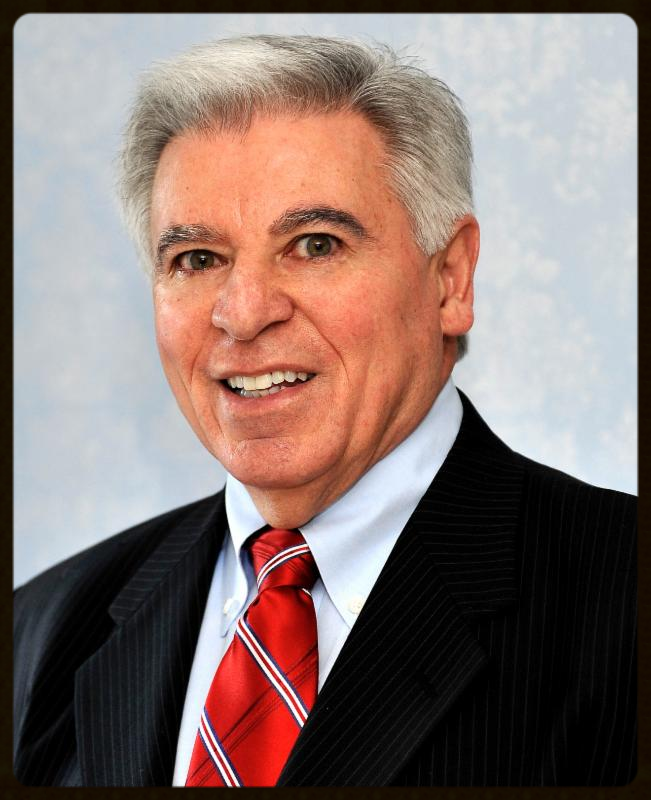
Ernest P. Gates. Jr., RPh, FASCP, FIACP, FACA
